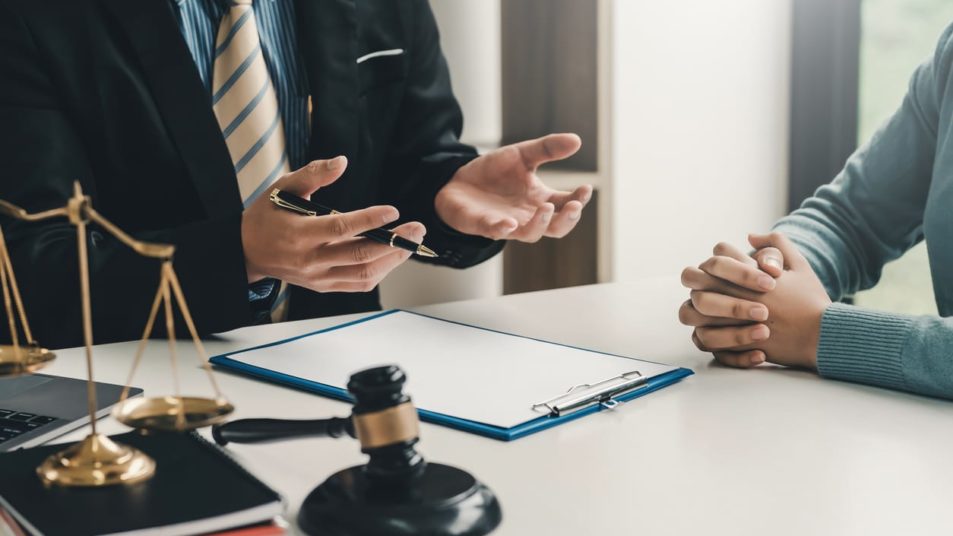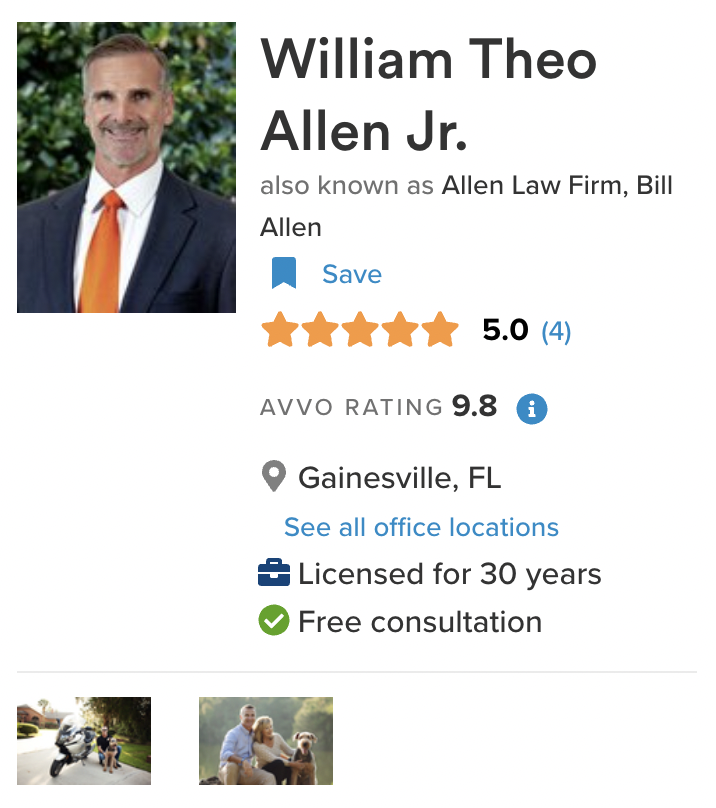How Much Can I Get for My Personal Injury Case and How Long Will It Take?
Without knowing the details of your case, it is impossible to determine how much your claim is worth, how long it will take to resolve, and how much you will get from your personal injury settlement. However, it is possible to list the elements of damages you might be eligible to receive, and it’s possible to identify some of the factors that will affect the timing of your case.
Once you know this much, you can plug in the factors of your particular case and come up with a ballpark estimate. Florida personal injury law recognizes three main categories of damages—economic damages, non-economic damages, and punitive damages.
Economic Damages
Economic damages are tangible, easy to count, dollars-and-cents damages that include items such as medical expenses and lost earnings.
Medical expenses
You should receive personal injury compensation for virtually all of your medical expenses. Two main limitations are:
- You might not receive compensation for fringe medical treatments such as homeopathy, and
- If health insurance covers some of your medical expenses, you cannot receive a double recovery based on a personal injury judgment or settlement.
If your injuries are long-term, you can receive anticipated future medical expenses. You might need an expert witness to prove the amount.
Lost earnings
Lost earnings include amounts you would have earned if you hadn’t missed work due to your injury.
Diminished earning capacity
Diminished earning capacity includes earnings you expect to lose in the future because a long-term or permanent injury will prevent you from returning to your previous job. You might need expert testimony to prove the amount of your claim.
Miscellaneous economic losses
Your injuries might have forced you to place your children into daycare. You might have had to hire someone to do housework while you were incapacitated. All of this and more can justify compensation.
Non-Economic Damages
Non-economic damages compensate you for intangible losses. They often amount to far more than economic damages.
Pain and suffering
Pain and suffering damages compensate you for the physical pain and distress you suffered because of your injuries.
Mental anguish and emotional distress
Mental anguish and emotional distress damages compensate for shock, fear, disappointment and other purely psychological pain.
Loss of enjoyment of life
Your injuries might have impaired your ability to enjoy activities that once sustained you, such as exercise, playing chess with your friends, etc.
Disfigurement and physical impairment
Imagine you suffered extensive facial scarring. Compensation for your physical pain and suffering wouldn’t cover the social stigma and humiliation you experienced as a result.
Loss of consortium
Your spouse’s injuries may have deprived you of their intimacy, companionship, and sexual relations. Loss of consortium damages compensate you for these losses. Remember, it is the injury victim’s spouse that files a claim for loss of consortium.
Punitive Damages
The purpose of punitive damages is to punish the defendant, not compensate the victim. As the victim, however, you still receive the money. Only outrageous behavior by the defendant justifies punitive damages, and courts usually refuse to award them.
Factors That Affect the Timing of Your Claim
Most successful personal injury claims settle out of court. Following is a list of factors that might influence how long you have to wait to receive compensation.
How long it takes you to reach Maximum Medical Improvement (MMI)
MMI is the point where your doctor decides that your condition will not improve any further. It is best to wait until you reach MMI to file your claim so that you will know how much to ask for. The longer it takes you to reach MMI, the more money you can ask for.
The amount of your claim
The more money you ask for, the harder the defendant will fight and the longer your claim will take to resolve.
The complexity of your claim
More complex claims take longer to resolve than simpler ones.
Your negotiating skills
The better your negotiating skills (or your lawyer’s), the quicker you can resolve your claim.
Whether you file a lawsuit
Filing a lawsuit can slow down the resolution of your claim but add to the amount of your damages. Most lawsuits do not proceed to trial.
Whether the defendant will settle
If the defendant stubbornly insists on trial, you will have to wait longer for your money.
Contact an Experienced Personal Injury Attorney for Help With Your Claim
In most cases, it takes a few weeks to a few months to settle a personal injury claim. If the case goes to trial, however, resolution could take a few months to a few years. Very few claims go to trial, and only in unusual cases does resolution take more than a year.
An experienced personal injury lawyer can help you maximize the value of your case and help move it along in an efficient manner. Contact a skilled personal injury attorney today to discuss your case.



